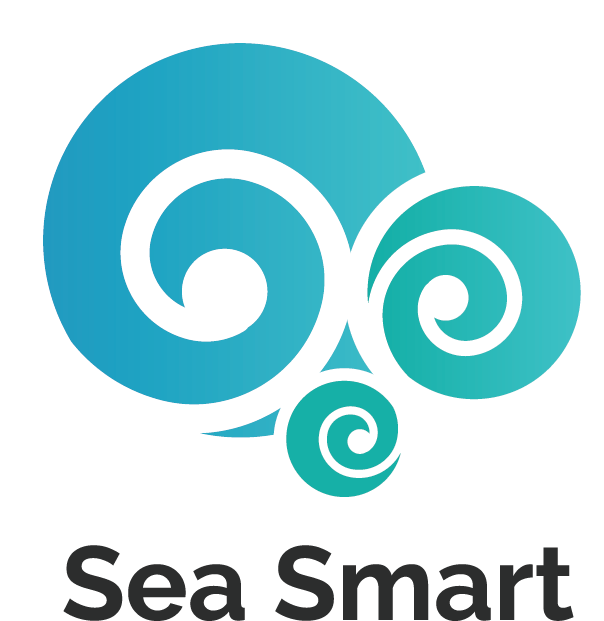Plastic-Free July: Empowering Marine Conservation through Everyday Actions
Plastic pollution has emerged as one of the most pressing environmental challenges of our time, with devastating impacts on marine ecosystems worldwide. Every year, millions of tons of plastic waste find their way into our ocean, endangering marine life and compromising the delicate balance of marine ecosystems. However, as individuals, we hold the power to make a difference.
With Plastic Free July just around the corner, it's the perfect time to explore how we can embrace the zero waste movement with a marine conservation perspective and contribute to a cleaner, healthier ocean.
Understanding the Marine Impact of Plastic Pollution: Plastics, being non-biodegradable, persist in the marine environment for hundreds of years, breaking up into smaller microplastics that infiltrate the food chain. This pollution affects marine life at all levels, from seabirds and turtles entangled in discarded fishing nets to whales and fish consuming microplastics. By participating in Plastic Free July, we actively contribute to mitigating this crisis, protecting marine habitats, and safeguarding the creatures that call our ocean home.
Reducing Single-Use Plastics: A Vital Step: Single-use plastics, such as straws, bottles, and bags, represent a significant proportion of marine debris. By pledging to eliminate or minimize our consumption of these items during Plastic Free July, we help to curb the inflow of plastic waste into the ocean. Opting for reusable alternatives like stainless steel bottles, cloth bags, and bamboo utensils significantly reduces our plastic footprint and sets an example for others to follow.
Engaging in Responsible Waste Management: Proper waste management plays a crucial role in preventing plastic pollution from reaching our ocean. During Plastic Free July, it's essential to practice responsible waste disposal by pursuing a zero waste lifestyle,, participating in community cleanups, and encouraging others to do the same. By promoting awareness about the consequences of improper waste management, we inspire a collective effort towards a more sustainable future.
Supporting Marine Conservation Organizations: Plastic Free July provides an excellent opportunity to support marine conservation organizations actively working to protect our ocean. By donating to or volunteering with such organizations, we contribute to vital research, conservation initiatives, and education programs that foster a deeper understanding of the importance of marine ecosystems. These organizations play a pivotal role in advocating for policy changes and driving awareness about the need to address plastic pollution at its source.
Raising Awareness and Inspiring Change: As individuals committed to marine conservation, we have the power to amplify the message of Plastic Free July. By using social media, organizing local events, or sharing personal experiences, we can raise awareness about the impact of plastic pollution on our ocean. By inspiring friends, family, and our broader community to take part in Plastic Free July, we create a ripple effect that fosters a more conscious and sustainable society.
Plastic Free July offers us an opportunity to align our commitment to marine conservation with tangible action. By reducing single-use plastics, practicing responsible waste management, supporting marine conservation organizations, and spreading awareness, we contribute to a cleaner, healthier ocean ecosystem. Remember, the collective impact of our individual choices can bring about significant change.
Let us embrace Plastic Free July with a marine conservation perspective and work towards a future where plastic pollution is just a distant memory, and our ocean is thriving!



